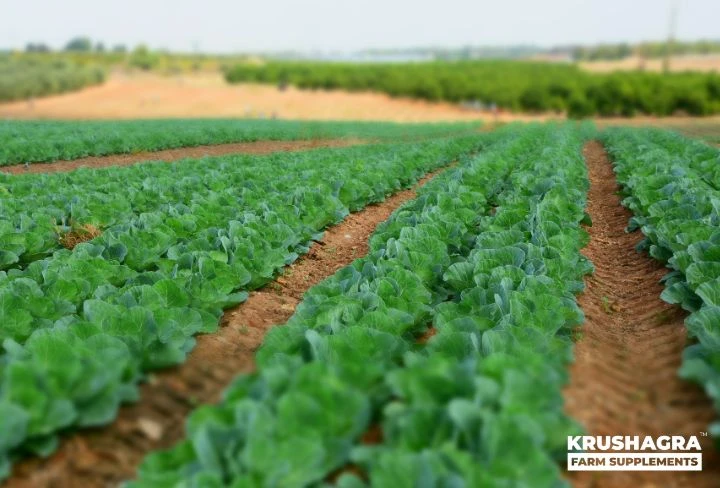Biofertilizers are living microorganisms that help enhance soil fertility and plant growth. They are an important tool for sustainable agriculture to improve soil health, reduce the use of synthetic fertilizers, and increase crop yields.
One of the most important functions of biofertilizers is nitrogen fixation, which is the process by which certain microorganisms convert atmospheric nitrogen (N2) into forms that plants can use, such as ammonia (NH3) and nitrate (NO3-).
Leguminous crops, such as soybeans, peas, and lentils, have a symbiotic relationship with certain species of bacteria, known as rhizobia, that live in the root nodules of the plants. These bacteria can fix atmospheric nitrogen, which is then made available to the plant. This is a mutually beneficial relationship, as the plant provides the bacteria with energy in the form of carbohydrates, while the bacteria provide the plant with nitrogen.
Using biofertilizers for nitrogen fixation in leguminous crops has several benefits for sustainable agriculture:
Reduced need for synthetic fertilizers – Synthetic fertilizers are expensive and can harm the environment if overused. Using biofertilizers can lessen the need for synthetic fertilizers, as the nitrogen fixed by the bacteria is directly available to the plant.
Improved soil health – The use of biofertilisers can improve soil health by increasing the organic matter content of the soil, which can improve soil structure, water retention, and nutrient availability.
Increased crop yields – Leguminous crops that are inoculated with rhizobia tend to have higher yields than those that are not, as they have a more reliable source of nitrogen.
Reduced greenhouse gas emissions – The production and use of synthetic fertilizers can result in greenhouse gas emissions, such as nitrous oxide (N2O), which is a potent greenhouse gas. Using biofertilizers can reduce these emissions by reducing the need for synthetic fertilizers.
In conclusion, the use of biofertilizers for nitrogen fixation in leguminous crops is an important tool for sustainable agriculture. It can reduce the need for synthetic fertilizers, improve soil health, increase crop yields, and reduce greenhouse gas emissions.






